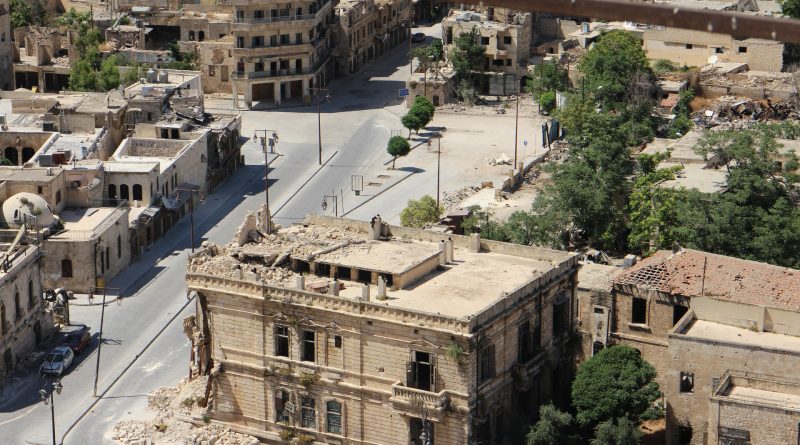Syria in turmoil and the future of the Middle East region
The war in Syria, which devastated the country, is still burning. It seemed like there was not enough destruction made by local people, so foreign countries had to come and help. And they did. Following the defeat of the Islamic State, all the participants in the war in that country are still trying to stabilize their presence and their achievements, knowing that these things have to be done now or never again.
The Syrian catastrophe is an example of the combination of the legitimate needs of the population for an open society, for a change into freedom, and the different political goals of the inside and outside centres, which are still dreaming about their future. There you have, on the local side, Syrian president Bashar al-Assad’s army officers, those who left the army believing that the West would help them come to power, Islamists with radical (or more radical) political plans, and national movements of the minorities. On the foreign side, you have countries and financial centres with agendas to reorganize the Middle East or to keep things as they were before.
It started as it usually happens: demonstrations of the young local people, believing that they deserve change on all levels of society.
Then, some elements join from inside the ruling regime, encouraged by outside factors, seeing their chance to become champions of democratization. Also Islamists are always there, finding their place between old and so-called “new” powers, connected to Al Qaida, or the Islamic State, or some other organisation, not so radical, but in-between.
In the beginning, the formula was working. There was an angry population; then, the big powers started looking for any kind of political opposition (whatever their agenda was), arming them, taking over the genuine revolution from the general population into a civil war aided from outside. That was done in Iraq, and to a certain extend also in Libya and in Syria. The result was and still is longstanding instability and a raise in fundamentalism and terrorism.
So, what are the lessons from Iraq and (especially) from Libya, and even from Egypt?
The destruction of the long-standing regimes, built around the same rulers or their families (regardless of their ruthlessness), did not result only in their removal from power. It was followed by the destruction of the security systems built by them through the years. The new leaders, together with those from outside these countries, dismantled the security systems in place in an attempt to build new ones.
However, the different groups holding parts of these territories simply did not see reasons to give away what they had achieved to the benefit of the central power, and everybody started building their own state. And this is the outcome: one security system destroyed and a new one not strong enough to replace the old one. So, if security were to be absent from those countries, there would be no stability. Without stability there would be no new system and institutions which could lead the country toward democracy.
It is obvious that the foreign countries that intervened in Iraq and Libya learned their lesson.
The United States of America, during Barack Obama’s tenure as President, was very close to intervene in Syria. They decided not to do it, probably because they could not guarantee that the replacement of the regime would bring stability to the country. That means that they understood that stability was the first priority and the foundation of a future political system. And the need for stability brought them back to square one, to the revival of President Assad’s regime. Russian help was welcomed, of course not officially, but it was obvious that the strengthening of Assad as a result of Moscow’s involvement was accepted. Turkey was left alone to takle something along its border, and that was it. The Islamic State was defeated and gone, the Kurds were weakened, Assad’s opposition was marginalized.
The end of the Arab spring: here comes stability.
What is absurd is that Syria is just going back to where it was before, only with more problems, and foreign troops and influences which are going to stay there as a burden for that country. The USA, Russia, Iran, and Turkey are not going away, they are trying to stay in the “new” Syria, reminding people there that the war might be over, but the problems are not. Not very encouraging for the future of the Middle East.
The opinions expressed in this text are solely the author’s point of view and do not bind the Center for International Studies, its Director or any other researcher.
Photo by aladdin hammami on Unsplash
![]() This work is licensed under a Creative Commons Attribution-NonCommercial-ShareAlike 4.0 International License.
This work is licensed under a Creative Commons Attribution-NonCommercial-ShareAlike 4.0 International License.




